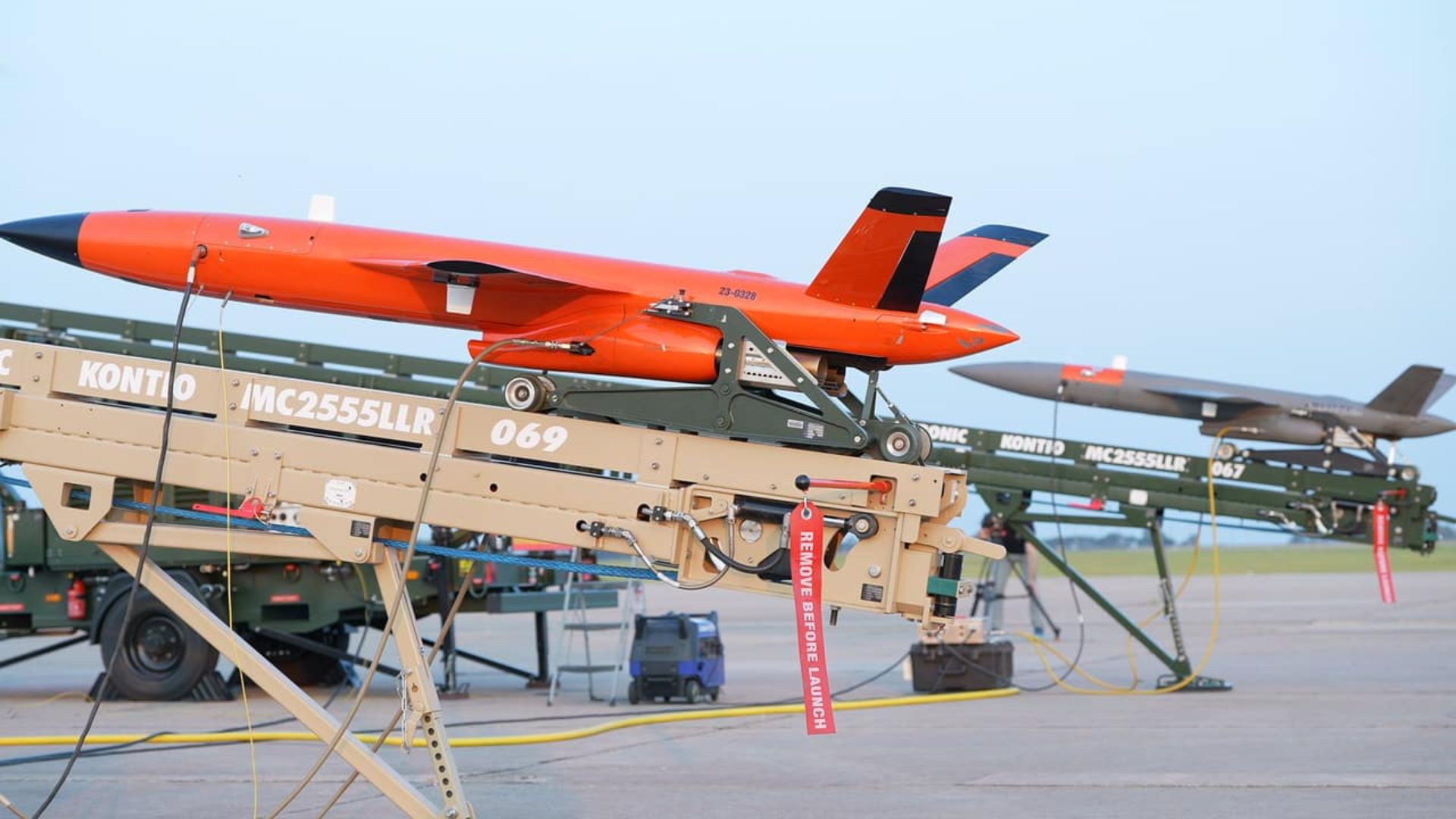California-based technology company Shield AI, which is developing an AI pilot project, has reached a major milestone in its mission to bring autonomy to the world.
In a press release on August 21, the company announced that it had successfully completed its first autonomous flights with two Kratos MQM-178 Firejets.
Two autonomous agents, controlled by Shield AI’s AI pilot “Hivemind,” took part in the flight tests.
Coordinated maneuvers
These agents joined forces to perform coordinated maneuvers, demonstrating operationally relevant cooperative behavior.
This demonstration highlighted the capabilities of future unmanned jets and drones, where all onboard computer computation and airborne agent communications are seamlessly integrated.
“Over the next decade, AI pilots will control and maneuver all unmanned systems, enabling the U.S. and our allies to deploy millions of intelligent, resilient drones,” said Brandon Tseng, president, co-founder of Shield AI and former Navy SEAL.
“These Firejet flight tests represent an important milestone on our journey to bring autonomy to the world. The great thing is that the algorithms are not limited to the number of aircraft. For test objectives and budgetary reasons, we limited the number of Firejets to 2, but it could have been 4, 8, 16, 32, etc.”
This builds on several AI-controlled Firejet flight tests completed earlier this year, marking the sixth aircraft flown by Shield AI’s Hivemind AI pilot.
In June, the team completed its first Live Virtual Constructive (LVC) integration, which connects live platforms with virtual environments and enables dynamic interactions across domains.
First phase
In March, the company, in collaboration with Kratos Defense & Security Solutions, announced the successful completion of the first phase of AI-driven flight testing of Shield aboard Kratos platforms.
The two companies are aiming to product develop the Shield AI pilot program for the XQ-58 Valkyrie.
After successfully flying five aircraft as an AI pilot – three classes of quadcopters, the MQ-35A V-BAT and the F-16 in fully autonomous air combat training – Shield AI’s Hivemind AI pilot has now successfully flown and piloted the Kratos MQM-178 Firejet.
These successful flights represent an important milestone in the wider integration project as Shield AI and Kratos ultimately aim to bring another configuration of the Valkyrie to market, in this case with Shield AI’s Hivemind AI pilot.
The MQM-178 Firejet is a homing jet aircraft system that supports surface-to-air and air-to-air combat and performs various end-to-end weapons delivery training functions.
In addition, the Tactical Firejet offers an offensive/defensive UAS system priced under $500,000 per aircraft with comprehensive mission systems and performance capabilities.
In either mission configuration (target/tactical), the Firejet provides a fast, maneuverable and stealthy solution to countering the replication threat or enabling operational effectiveness without risk to American lives with a certain level of operational capability in contested environments.
“AI pilots will eventually fly all aircraft and will have a greater global impact than self-driving cars. The MQM-178 Firejet is the sixth aircraft type that our AI pilot Hivemind has flown. It is the second jet aircraft after our AI-controlled F-16 dogfights. The AI-controlled flights of the XQ-58 Valkyrie later this year will be the seventh aircraft and the Kratos BQM-177 will be the eighth. Kratos and Shield AI’s shared focus on rapidly developing AI-controlled aircraft has been a great collaboration that is helping to redefine military force structures,” said Tseng.
ABOUT THE PUBLISHER
Kapil Kajal Kapil Kajal is an award-winning journalist with a diverse portfolio spanning defence, politics, technology, crime, environment, human rights and foreign affairs. His work has appeared in publications such as Janes, National Geographic, Al Jazeera, Rest of World, Mongabay and Nikkei. Kapil holds a double bachelor’s degree in electrical, electronics and communication engineering and a master’s degree in journalism from the Institute of Journalism and New Media, Bangalore.

